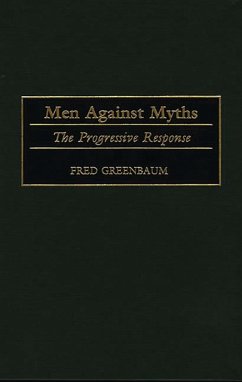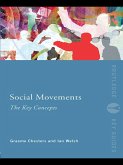Greenbaum examines the use of use of myth as a means of social control and examines the corporate mythology of the Gilded Age. Progressive politicians led the opposition to these myths, arguing that government was not to be used to enrich corporations, but to reduce their economic and political power and to increase equity. The progressive challenge redirected government to serve the larger commonwealth and, thus, transformed ordinary lives. Gilded Age mythology, resurrected in the 1980s, restored corporate domination and economic inequity. Through his extensive analysis of the lives of six prominent Progressives, Greenbaum seeks to contravene contemporary mythology. He begins with George Norris of Nebraska, a Republican Congressman and Senator from 1906 until 1942; William E. Borah, Republican of Idaho, who served in the Senate from 1906 until his death in 1940; and Hiram Johnson, who was Republican Governor of California, Progressive Vice Presidential candidate in 1912, and Senator from 1916 until his demise in 1945. These chapters are followed by an examination of William Gibbs McAdoo, a New York business promoter, who was Wilson's Secretary of the Treasury, the leading candidate for the 1924 Democratic Presidential nomination, and Senator from California from 1932 until 1938; Bainbridge Colby, a New York legislator, who supported Theodore Roosevelt in 1912 and was Wilson's last Secretary of State; and Edward P. Costigan, Colorado Republican, who became the Progressive appointee to the Tariff Commission and Democratic Senator from 1930 through 1936. The volume concludes with an analysis of the progressive impulse and contrasts progressive views with resurrected Gilded Age mythology, the new ideas of the 1980s. An important study for scholars, students, and other researchers interested in progressivism and the role of government in American socioeconomic life and intelligent readers interested in ideas.
Bitte wählen Sie Ihr Anliegen aus.
Rechnungen
Retourenschein anfordern
Bestellstatus
Storno









